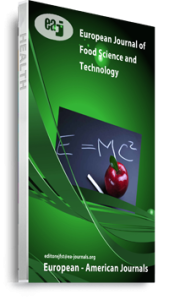In 2009, Marcia Angell, the former editor-in-chief of the New England Journal of Medicine, wrote that it was simply no longer possible to believe much of the clinical research that is published, or to rely on the judgement of trusted physicians or scientific authorities both to develop and to interpret data. We are concerned that this rather stunning indictment may increasingly describe some of the work of the regulatory agencies tasked to oversee public health, and in particular food safety. In the foregoing commentary we focus upon one recent and as yet unsettled instance involving the recommendations made by the European Food Safety Authority about food products containing Aloe vera gel and associated hydroxyanthracene (HAD) compounds. It is not our intention to suggest avenues for future research; rather, it is a call for more rigorous and precise interpretation of the best available science in support of decisions about safety. Moreover, it is our hope that the analysis of this case will illuminate the ways in which even the finest regulatory body may be prone to a significant error in a rush to judgment about novel products.
Citation: Peter Pressman, Roger A. Clemens, and A. Wallace Hayes (2022) EFSA Strikes Again: A Commentary on Flawed Analysis, European Journal of Food Science and Technology, Vol.10, No.3, pp.13-23

